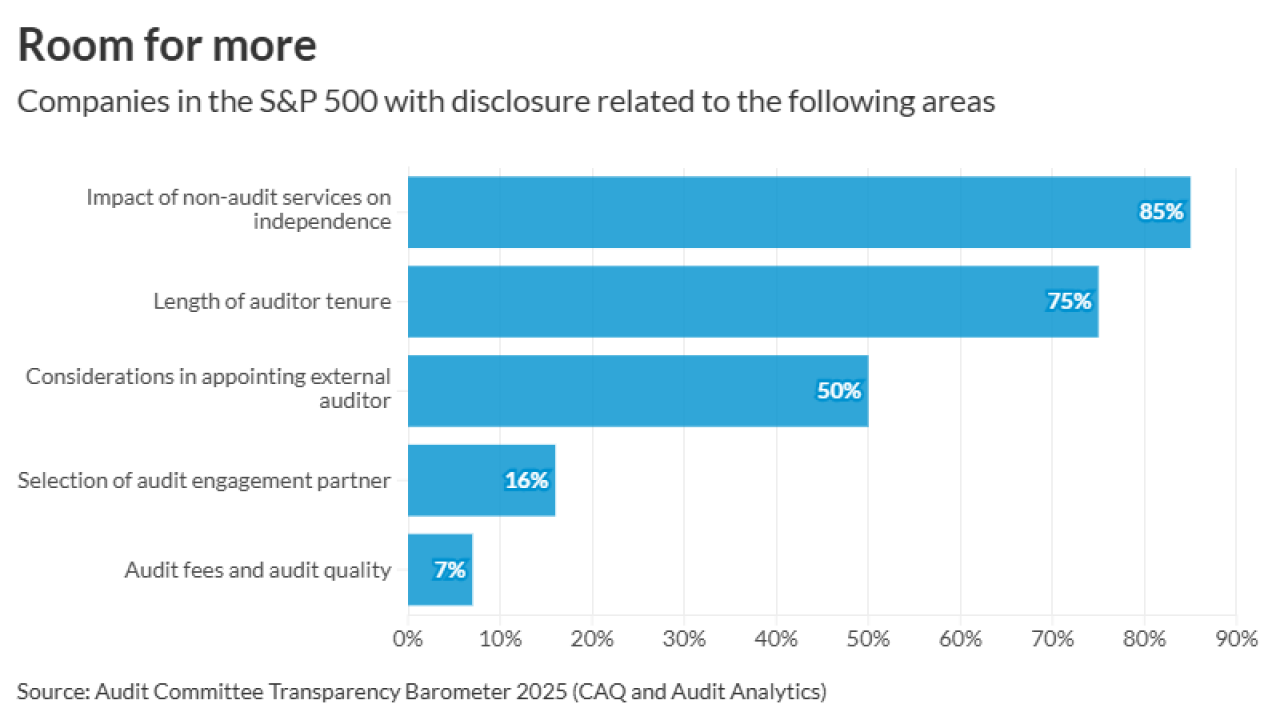KPMG’s investment arm, KPMG Capital, has begun making some of its first investments in data analytics companies, with the first funding made public in the Los Angeles-based company Bottlenose, which specializes in real-time trend intelligence.
KPMG launched KPMG Capital last year with the goal of accelerating innovation in data analytics to help clients of KPMG’s member firms internationally (see
But the Bottlenose investment is the first company funding that KPMG has publicly disclosed. Officials with KPMG and Bottlenose declined to say how much, except that it was a substantial amount. KPMG has already made several other investments that have not yet been disclosed and plans to make more.
“We launched KPMG Capital as the global investment fund for the KPMG member firms worldwide, and we’re really focused on finding and funding innovative solutions that practitioners can take to market globally,” said Lee Gregory, investment director at KPMG Capital, in an interview last week. “Our current focus is in the data and analytics space, particularly the end of data and analytics where the products and solutions are delivering actionable insights to decision makers in top positions in businesses.”
Bottlenose has previously raised around $7 million, according to Bottlenose CEO Nova Spivack, but he said this is a “substantial new round.” Also participating in the Series B round with KPMG Capital are some of the company’s earlier investors, including ff Venture Capital, Lerer Hippeau Ventures and Transmedia. The round of funding has not yet closed, so the total amount was not publicly available.
“KPMG is leading it and has already invested,” said Spivack. “It’s a very substantial round, many multiples beyond what we’ve raised in the past.”
KPMG is helping Bottlenose expand internationally. “We’re really growing the company, going international with KPMG, so we’ll be working in 50 or more countries,” said Spivack.
Currently, Bottlenose is primarily in the U.S. and some countries in Europe.
“The reason why we were interested in working with KPMG as a strategic investor is because they’ve made a very strong commitment to data and analytics,” said Spivack. “In fact, that’s becoming increasingly an important focus for the firm, which of course is our core business. We do real-time trend intelligence, which is a form of big data analytics. Because of the commitment that KPMG is making in that space, and the fact that they have an enormous global reach, with nearly 160,000 employees around the world in something like 150 countries, it’s a huge reach that they have, working with many if not most of the top companies in the world. Not only does it give us tremendous access to the C level of the top customers in the world, but also they have a tremendous amount of data analytics expertise in-house that we can leverage.”
KPMG has long been involved in analyzing vast pools of data for its clients, and Bottlenose will be able to help in its advisory consulting practice, particularly in analyzing streaming data.
“When you think about KPMG, all of our business is really about data and analytics and has been forever, but there has been a primary strategic initiative globally to further enhance our data and analytics capabilities, and in particular to put innovative and cutting-edge capabilities in the hands of our tax, audit and advisory practitioners globally,” said Gregory. “When we were out evaluating investment opportunities, Bottlenose really stood out to us as being in the sweet spot of the KPMG Capital strategy, and the kind of thing that we really brought into being to bring into the KPMG family.”
Spivack sees ways that his company will be able to assist KPMG’s advisory and audit clients. “In particular what interested us the most was how we could apply our technology to some of KPMG’s advisory-type projects and in the future even potentially help on the audit side,” he said. “Areas of interest that look like good fits where our technology can add a lot of value include things like forensics, risk and threat detection, competitive intelligence, cyber-security, and the list goes on. There are a number of areas where we’ve been able to apply this real-time big data approach to generate insights that go far beyond just marketing or PR. Crisis management is another major area, and intelligence for the general counsel or the CFO and investor relations. There’s a whole range of applications for the kind of intelligence we generate.”
Gregory classifies Bottlenose as a pioneer in the field of trend intelligence. “For them, it’s all about analyzing vast streams of fast-moving time-stamped data, and detecting the trends and the patterns and the anomalies within those volumes of data,” he noted. “We were really impressed both technologically with how much data and how quickly they can process it. They can process tens of millions of packets of information daily. It detects the trends, sentiment, momentum, psychographics and demographics. They’re got over 150 different dimensions that they analyze and then deliver a distilled trend intelligence out of that information through a variety of different visualizations.”
Bottlenose specializes in analyzing streaming data, such as videos, which can be difficult to capture.
“People talk about how the amount of information in the world is doubling every couple of years, and most of it is in this streaming data, which is really difficult to analyze in real time,” Gregory explained. “That’s what the Bottlenose platform allows people to do. It will extract the major signals that are within the noise as well as help detect the unknown unknowns that are in there, so if you’re looking at a particular topic, it will find topics and things that you may not even realize were in that space. And it’s scalable. The other thing I really like about it is that the platform is sort of agnostic. It can be structured data, it can be unstructured data, it can be social media data, it can be TV and radio information. They’re able to ingest all sorts of different information and run it back and extract the trends and patterns. They can also detect the correlations between the different data streams, so it’s really powerful technology with a wide variety of applications in our business around our KPMG network.”
Gregory also sees how clients can use the technology for competitive intelligence, customer experience analytics, and risk and threat intelligence. “It’s kind of like setting a radar fence around your company or your industry or your topics of interest and determining when risks or threats are starting to come into your airspace,” he said. “We’ve also looked at things like applying it to fraud detection and cyber-security. And in those instances, being able to process massive amounts of real-time data to figure out what’s going on and what are the trends and anomalies in that data is a really valuable tool to have. It’s a window onto the biggest, fastest growing source of data that most enterprises don’t have a handle on right now.”
Deloitte’s Data Analytics
KPMG is not the only Big Four firm getting involved in data analytics. Deloitte has also been expanding its data analytics services in recent years and acquiring data analytics technology providers such as Recombinant Data in 2012, as well as creating a unit known as Deloitte Analytics (see
Deloitte also uses analytics in its tax practice. Lorraine Cohen, a tax partner in the global employer services group at Deloitte, uses workforce analytics to help multinational companies deal with mobile employees who work across different countries and states.
“The biggest challenge of doing compliance reporting for companies is to understand where the employees are and how long they’ve been there,” she said in an interview in October. “They traditionally have expatriate programs for their assignments, If somebody is going for three years or one year or six months, they have programs in place for that. But where analytics is extremely handy is to identify the people who are not already known within the organization in a clear program. So if an employee is traveling from state to state in the U.S. or globally, sometimes they might inadvertently trigger a filing requirement and the company is responsible for reporting or withholding in most cases. The biggest challenge that they’re having is just understanding where the people are. So this is where analytics is extremely useful, because the company has a great amount of data. They have expense reports that say the hotel space and, depending on their expense reports, whether they’re required to put the jurisdiction in the expense report itself. They have the records for the hotel stays for the places. So you can mine that data or even [get it] from the travel provider itself or any other way. You can take data that the company has to identify where the employee was. Sometimes the company might be able to track through the computer login the location that the person logged in. If you can mine that data or security badge data, or even the GPS on their phone—whatever data you have—using data analytics, you can mine it to then find out where the people are.”





